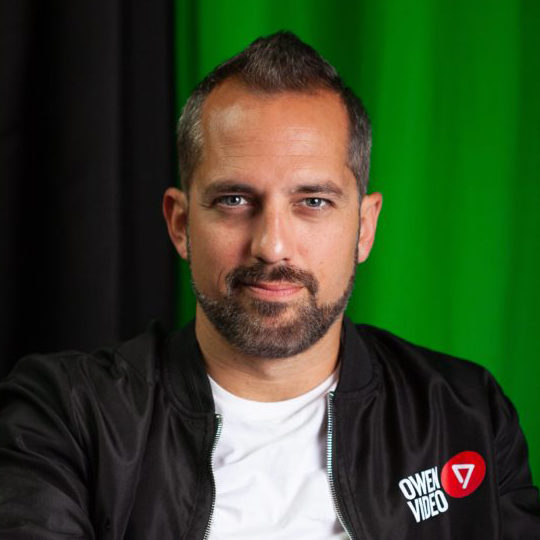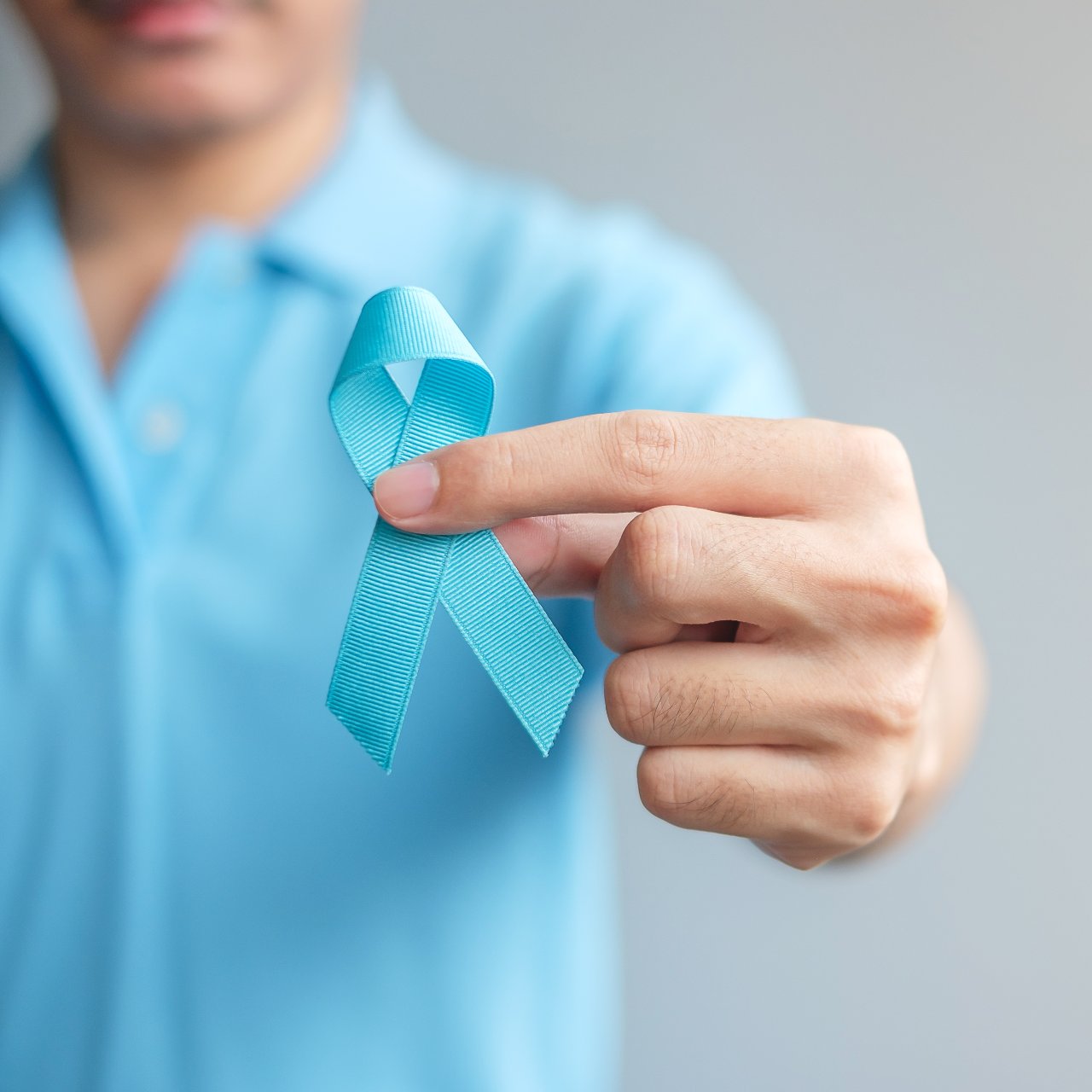It is terrifying to receive a cancer diagnosis: fear surrounds you and your mind goes blank as the doctor calmly (and sometimes coldly) explains what they know about your cancer, the chemo, and your prognosis. It is likely that you heard terrifying words like rare, stage 4, incurable, or inoperable. It’s also likely that your doctor was urgent and encouraged you to move fast and make decisions quickly.
This is not the best time to make decisions.
While cancer is always serious, it’s never so urgent that you must obey your doctors recommendations without taking a few days to personally understand your diagnosis and all of your treatment options.
In a study of 1,500 cancer survivors, Dr Kelly Turner discovered many different treatments and therapies used by the patients but there were nine that they all had in common. Taking control of your health was one of the nine. So once the moment of shock has passed and you’re ready to take control of your health, its important that you ask your doctor questions that will help you understand how to survive.
You may discover that your doctor is not the best qualified professional to help you. If they have an office full of dying patients and you don’t want to be one of them, click this blog to see my list of cancer doctors that you can call and get a second opinion.
NOTE: If you are a cancer care-giver then it’s important that you review these questions with your loved one and that you encourage them to get involved. Don’t just do it for them. Studies show that people who take control of their diagnosis have much better survival outcomes.
It’s my recommendation that you ask these questions after you’ve been diagnosed but before you start treatment. You should ask them in the mobile app or via email because it’s important that you get a written response to every question. You should not move forward with treatment until they answer your questions and if they don’t answer them right, you should not do anything until you get a second option.
Here are the top 5 Biggest Questions:
- What is your overall expectation for this treatment plan? Curative? Palliative?
Palliative care means that you wont be cured but they expect to improve your quality of life. The problem is that palliative chemo causes damage to your body and could cause secondary cancers and reduce your quality of life. If your doctor doesn’t believe that your cancer is curable then you should find a doctor who does. - What are the adverse side affects of this treatment plan (chemo, radiation, surgery)? Will the radiation destroy otherwise healthy organs? Will I lose my hair, will I be nauseous all the time? Will I be weak and tired? Is it possible to get secondary cancers from this treatment plan?
These are powerful questions to copy and paste over to your doctor because oftentimes the side affects of the chemo are worse than they symptoms of cancer! My doctors never told me about the devastating side affects of radiation and I never asked them. If I had known about the damage caused to my healthy organs, I never would have done it. - How many of your patients are in remission due to this treatment plant?
If your doctor doesn’t have any patients in remission, he may not be the doctor for you. Remember that in every field there are top performers and average performers. Your doctor may be good at one thing but not very good at curing cancer. As such, she may not believe that your cancer can be cured. She may say things like “uncurable” or quote studies about survival rates. But if her patients are not surviving than you need only find a doctor who has patients that do survive. - Have you ever prescribed anything other than chemotherapy, radiation, or surgery?
This question may be hard to ask but it’s important to know what tools your doctor uses. If your doctor only uses these 3 tools than your chances of survival decrease. In a study of 1500 cancer remission cases, Dr Kelly Turner found 9 common factors for defeating the disease and neither chemotherapy, radiation, or surgery was on that list. You want to find a doctor (or assemble a team of doctors) that can access multiple modalities to personalize your cancer care. - How will we target the cancer stem cells? How will we prevent the cancer from spreading to other parts of my body (prevent metastases)?
Cancer stem cells are what cause cancer cells and tumors to grow. While chemo, surgery, and radiation may cut them back, as long as your body makes cancer stem cells, you will always have a cancer risk. Chemotherapy has no impact on cancer stem cells and therefore other therapies are needed to permanently beat back your cancer. If your doctor doesn’t know about this or does not have a plan for cancer stem cells, you may want to find a new doctor.











